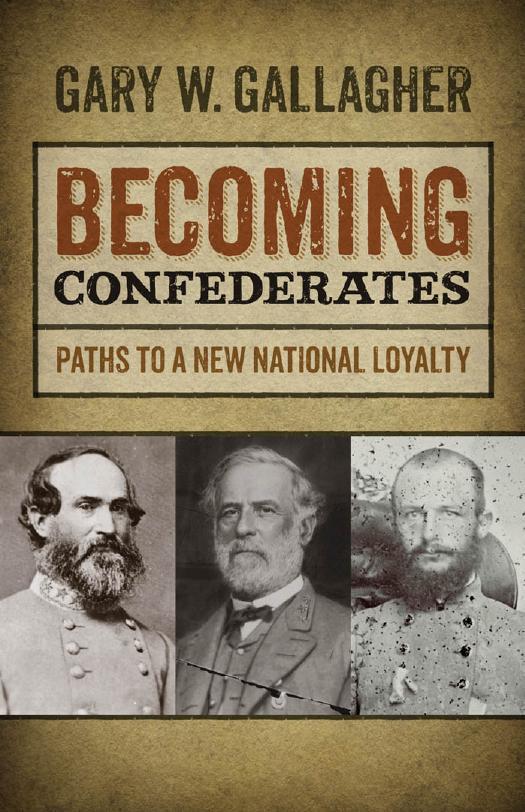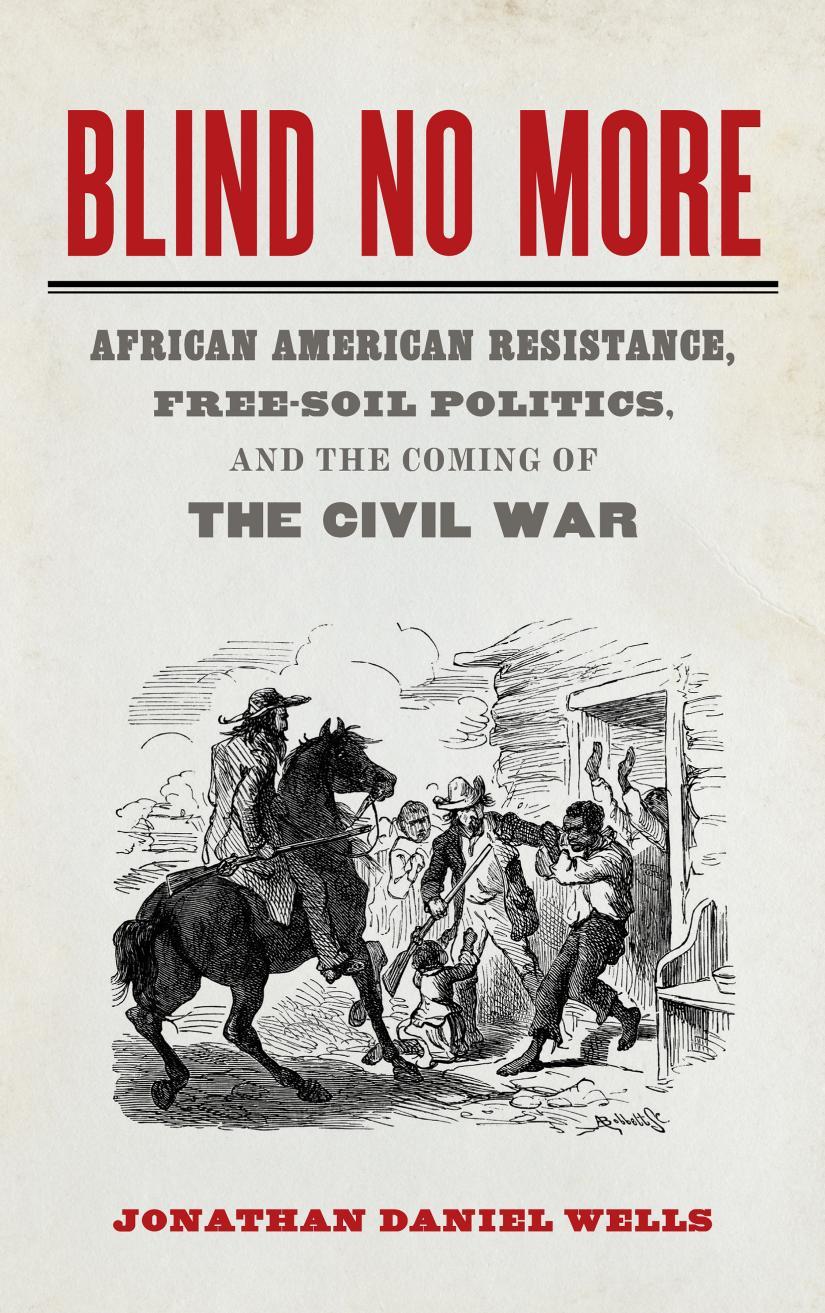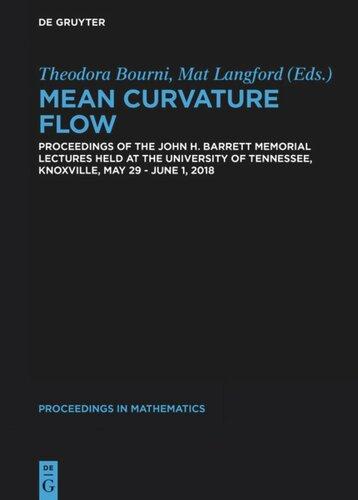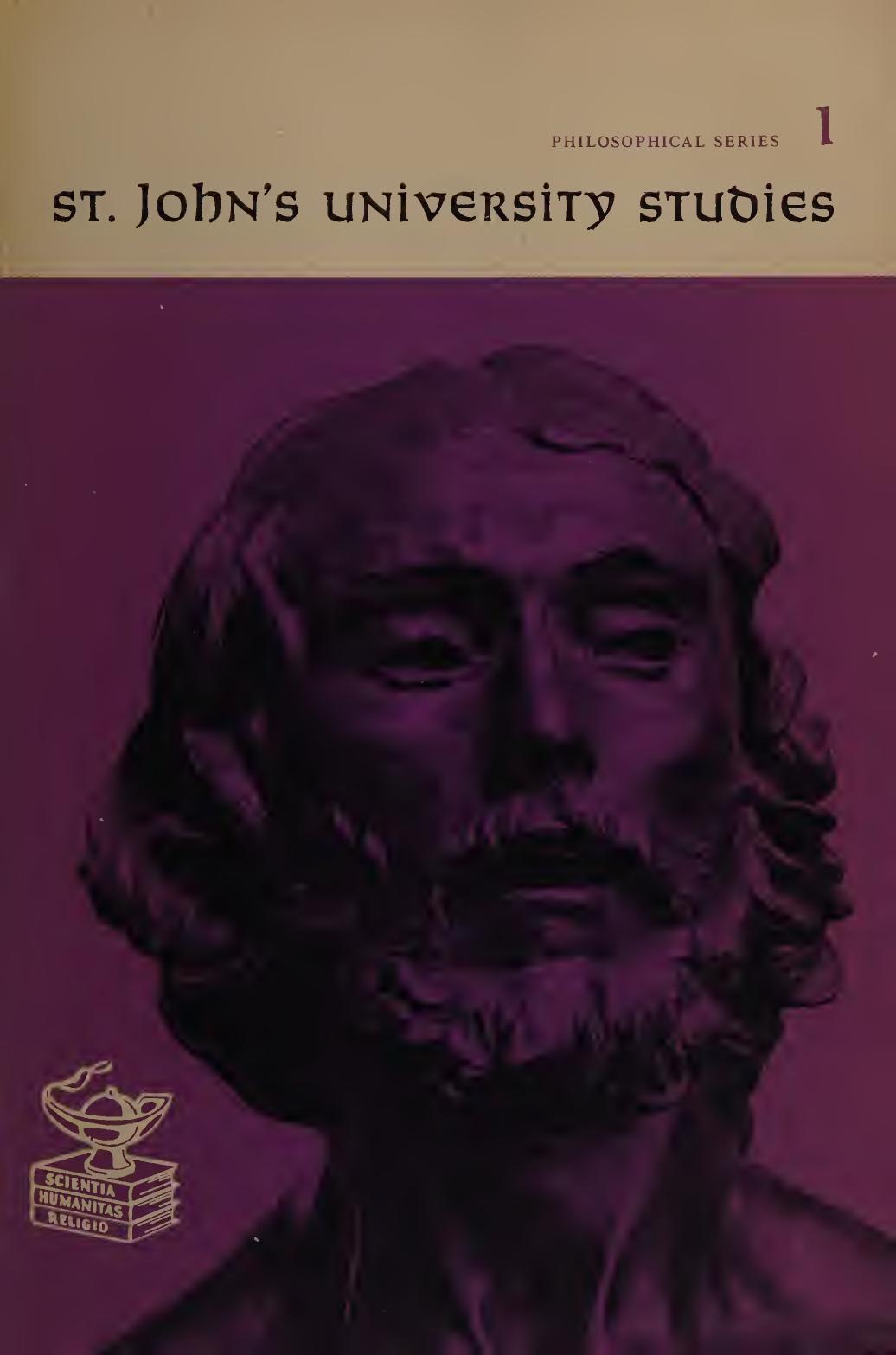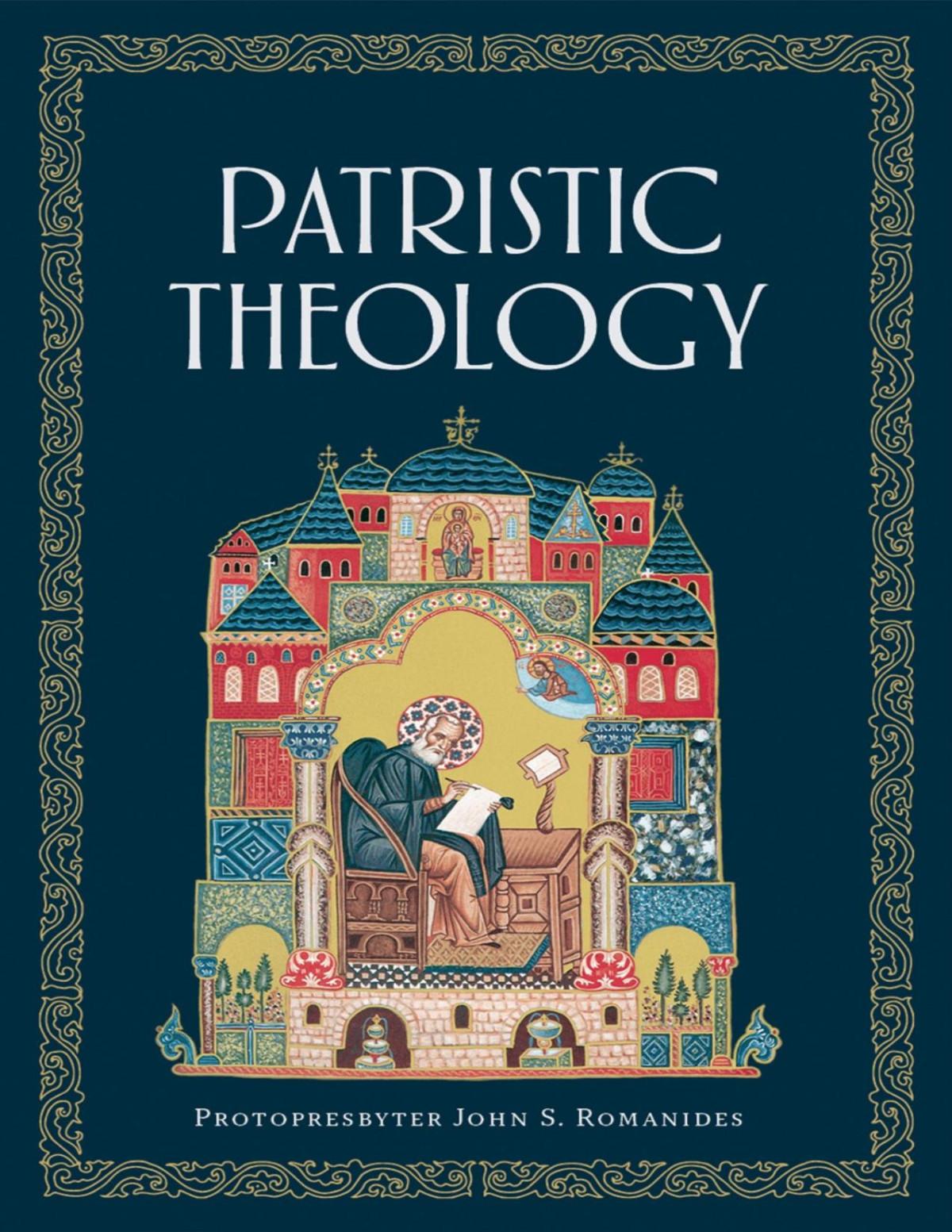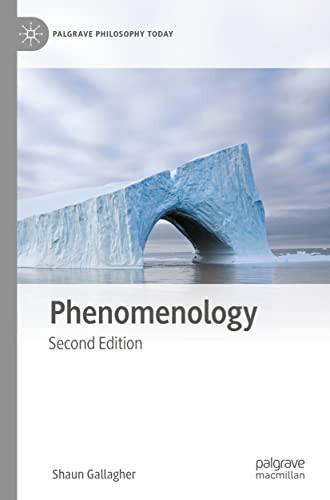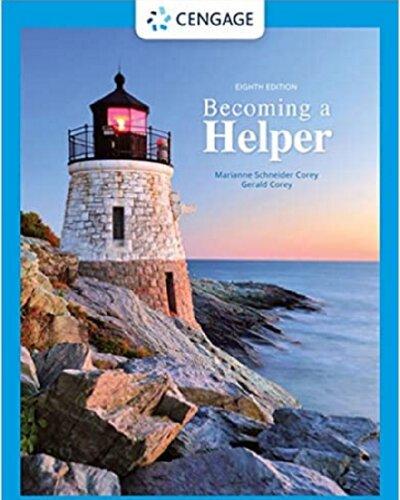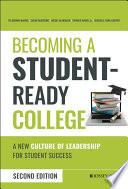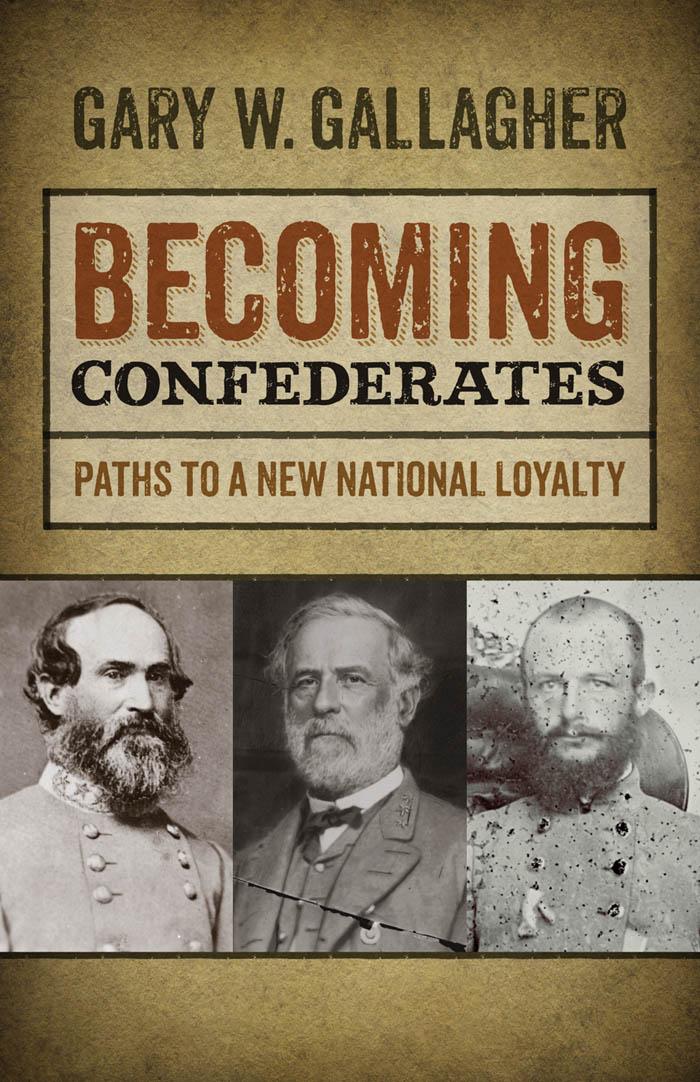BECOMING CONFEDERATES
Paths to a New National Loyalty
GARY W . GALLAGHER
the university of georgia press Athens and London
© 2013 by the University of Georgia Press Athens, Georgia 30602
www.ugapress.org
All rights reserved
Set in Sabon and Zapatista by Graphic Composition, Inc. Manufactured by Thomson-Shore, Inc.
The paper in this book meets the guidelines for permanence and durability of the Committee on Production Guidelines for Book Longevity of the Council on Library Resources.
Printed in the United States of America 13 14 15 16 17 p 5 4 3 2 1
Library of Congress Cataloging- in-Publication Data
Gallagher, Gary W.
Becoming Confederates : paths to a new national loyalty / Gary W. Gallagher. pages cm. — (Mercer University Lamar memorial lectures ; no. 54)
Includes bibliographical references and index.
isbn 978-0-8203-4496-6 (hardcover : alk. paper) — isbn 0-8203-4496-6 (hardcover : alk. paper) — isbn 978-0-8203-4540-6 (pbk. : alk. paper) — isbn 0-8203-4540-7 (pbk. : alk. paper)
1. United States—History—Civil War, 1861–1865—Social aspects.
2. United States—History—Civil War, 1861–1865—Causes.
3. Patriotism—Confederate States of America—Case studies.
4. Change of allegiance—United States—Case studies.
5. Lee, Robert E. (Robert Edward), 1807–1870.
6. Ramseur, Stephen Dodson, 1837–1864.
7. Early, Jubal Anderson, 1816–1894. I. Title.
e468.9.g34 2013 973.7 ′13—dc23 2012046530
British Library Cataloging- in-Publication Data available ISBN for digital edition: 978-0-8203-4497-3
For Peter Onuf and Steve Cushman, much valued colleagues and dear friends
This page intentionally left blank
Acknowledgments ix
introduction 1
chapter one
Conduct Must Conform to the New Order of Things: R. E. Lee and the Question of Loyalty 8 chapter two
He Died as Became a Confederate Soldier: Stephen Dodson Ramseur’s Easy Embrace of the Confederacy
35 chapter three
Consistent Conservative:
Jubal A. Early’s Patriotic Submission 57 chapter four
For His Country and His Duty: Confederate National Sentiment beyond Appomattox 83 Notes 93 Index 109
This page intentionally left blank
I was flattered when Sarah Gardner invited me to deliver the 2011 Lamar Lectures at Mercer University. I have great admiration for many of the Lamar lecturers and have assigned several of the books that grew out of the series in my classes. I consider it a high honor to join this impressive roster of scholars. Preparing the lectures allowed me to develop themes I had identified while working on other projects, and the experience at Mercer proved to be delightful. I am much indebted to Sarah and the other members of the Lamar Lectures committee—Nancy Anderson, David A. Davis, John Thomas Scott, and Douglas Thompson—as well as to Bobbie Shipley, who oversaw myriad details relating to my visit. They all helped make my turn as the Lamar lecturer both productive and pleasurable.
Books that emerge from the Lamar Lectures carry the imprint of the University of Georgia Press, a fact that set me up for a very pleasant publishing experience. Managing Editor Jon Davies oversaw my manuscript from the beginning, taking care to make the process as expeditious and efficient as possible. Beth Snead also helped at various points, and Debora R. Holmes did a fine job as copy editor. I am indebted to all of them.
Several colleagues helped at various stages of this project. David Blight is one of them—though he probably would be surprised to know it. I delivered a version of the chapter on Lee at a conference at the Huntington Library, and David’s comments after the talk persuaded me that a short book on the topic of loyalty to the Confederacy might be worthwhile. Caroline E. Janney read all the chapters and offered her typically astute comments, many of which sharpened my arguments. Elizabeth R. Varon also read the entire text and raised questions I otherwise would have overlooked. Her work
x Acknowledgments on Robert E. Lee has been very helpful to me. Stephen B. Cushman brought his gift for language and sharp eye for analytical and structural inconsistencies to the task of critiquing my chapters. Finally, Joan Waugh gently prodded me to rethink aspects of the manuscript, both substantive and stylistic. I have come to rely heavily on her insightful responses to everything I write and consider nothing finished until she has weighed in. David, Carrie, Liz, Steve, and Joan reminded me yet again of how much generosity exists in the field of Civil War studies.
The dedication acknowledges my good fortune in having Peter Onuf and Steve Cushman as colleagues at the University of Virginia. They have made me a better scholar and teacher and brought an ample measure of humor and comradeship into my life—for all of which I am most grateful.
Becoming Confederates
This page intentionally left blank
The seeds of this short book lie in my examination of Stephen Dodson Ramseur as a case study in the development of officers in the Army of Northern Virginia. I undertook that military biography more than thirty years ago, tracing the young North Carolinian’s rise from lieutenant to major general in just more than three years. In the course of reading Ramseur’s voluminous correspondence, I was impressed with the intensity of his commitment to the Confederacy. Following graduation from West Point and less than a year in the U.S. Army, he resigned well before his home state of North Carolina seceded, behavior that contrasted sharply with Robert E. Lee’s well- known struggle to chart a path during the secession crisis. Turning his back on the United States seemed an easy choice for Ramseur, and his willingness to do so despite uncertainty about North Carolina’s political course struck me as notable. His conception of loyalty permitted an easy transition from one national identity to another, which, I thought, must have been true of other southern officers as well. With Ramseur and Lee in mind, I thought it might be worth revisiting the subject of loyalty at some point.1
My work on Ramseur came at a time when scholars were debating fundamental questions relating to the Confederacy. The slaveholding republic lasted just four years but has cast a large shadow over a good part of U.S. history. Its stormy trajectory witnessed massive human and material loss, the end of the institution of slavery, and the development of a stream of historical memory that retained force for many decades after Lee’s soldiers stacked arms at Appomattox in April 1865. Yet many historians have questioned whether the Confederacy was really a nation at all, arguing that its white population never developed true feelings of national loyalty.
That model surely did not fit Ramseur, I knew, and probably not Lee either.2
Reading and research over the next two decades have persuaded me of four things that help frame the chapters of this book. First, I believe the Confederacy was a nation. I consider references to a war between the North and the South to be fundamentally flawed because four southern states—Kentucky, Missouri, Maryland, and Delaware—never left the Union, and a big section of the most important slaveholding state broke away to form West Virginia in the midst of war. It is most accurate to think of the conflict as a contest between two mid- nineteenth- century nation- states—the United States versus the Confederacy. One of the two nations, whose entire history unfolded against a background of all- encompassing warfare, simply did not last very long.
My second belief is that a substantial majority of the Confederacy’s white residents developed a strong national identity. Only these people should be called Confederates. I oppose the terms “northerner” and “southerner” to describe the opposing populations. The term “southerner” embraces all white and black residents of the fifteen slaveholding states in 1860, millions of whom, including the overwhelming majority of African Americans, would not have considered themselves Confederates. Among white residents of the eleven Confederate states, however, support for the nation ran deep, although establishing exact percentages of those who supported or opposed the Confederacy—or those who merely sought to remain aloof and unharmed until fighting ceased—is impossible. Despite undeniable evidence of substantial internal opposition to Jefferson Davis’s administration and the war, one fact stands out: only a citizenry determined to achieve independence would have waged a conflict lasting four years, killing one in four of their white military- age males, and inflicting widespread economic and social dislocation.3
My third framing observation is that mainline military forces represented the most important institutional expression of the Confederate nation. Composed of regiments with strong state identifications, the national armies—and, most important, Lee’s Army
of Northern Virginia—provided tangible and highly visible proof of a collective identity that both united and transcended region, state, and locality. Well before the war’s midpoint, Lee and his army functioned much as George Washington and the Continental Army had during the American Revolution. Lee became easily the most important Confederate leader, and hopes for success rested ever more heavily on the campaigns he and his soldiers waged. As a Confederate officer observed in early 1864, “General Robt. E. Lee is regarded by his army as nearest approaching the character of the great & good Washington than any man living. He is the only man living in whom they would unreservedly trust all power for the preservation of their independence.” A Georgia woman put it more succinctly, describing Lee as “that star of light before which even Washington’s glory pales.”4
My final observation, which led directly to my choice of topic for this book, is that military officers formed an important component in the equation of Confederate loyalty. Their statements and conduct not only influenced the men they led but also helped shape attitudes and expectations on the home front. Their reasons for embracing the Confederacy help illuminate the larger topic of Confederate identity and shed light as well on the complex web of loyalties that contended for supremacy during the turbulent sectional squabbling of the late antebellum years.5
I take my analytical cue from David M. Potter, who belongs on any short list of the most perceptive interpreters of mid- nineteenthcentury U.S. history. In an essay titled “The Historian’s Use of Nationalism and Vice Versa,” Potter usefully reminds readers that every human being possesses numerous overlapping and often mutually reinforcing loyalties, with different ones emerging as most important at various times. Potter discusses, among other things, cultural factors, “the invigorating effect which war has had upon national spirit,” and “community of interest, not in the narrow sense of economic advantage only, but in the broad sense of welfare and security through membership in the society.” Within the South during the Civil War era, the last of these applied most obviously to white insistence on maintaining supremacy in a society that in-
I selected three officers in the Army of Northern Virginia to pursue questions regarding Confederate loyalty. Because his letters first piqued my interest in the topic, Dodson Ramseur was an obvious choice. So was Robert E. Lee. By far the most important figure in the army, Lee traditionally has been presented as a Virginian, a reluctant convert to the Confederacy whose most powerful identification always remained with his home state. My reading of his wartime correspondence in connection with other projects contradicts that image. My third subject, Jubal A. Early, combined elements of Lee’s and Ramseur’s reactions to the secession crisis—a Unionist who grudgingly accepted Virginia’s departure from the United States but later came to personify defiant Confederate nationalism. I had studied each of them from various angles in my previous work, so I brought familiarity with pertinent sources to this project. They do not stand in for all Confederates—no three individuals could do that—or even for all officers in Lee’s army. They do represent types of responses to the secession crisis and establishment of the Confederacy that hold interpretive value beyond their specific examples. As a trio, they help us understand the malleability of loyalty and why the war dragged on for four years and achieved such intensity.
At the time of Abraham Lincoln’s election, Lee was a fiftythree- year- old lieutenant colonel in the U.S. Army, Early a fortyfour- year- old lawyer in Rocky Mount, Virginia, and Ramseur a twenty- three- year- old second lieutenant in the U.S. Army. All were members of the slaveholding class from the Upper South (though none owned many slaves) and graduates of West Point. Lee and Ramseur were devout Christians, Episcopalian and Presbyterian, respectively, whose faith showed in correspondence with their wives,
4 Introduction cluded millions of enslaved black people. Potter also alludes to the tendency among some historians to deny nationality to groups of whom they morally disapprove, even when a group may in every sense satisfy the “theoretical criteria of nationality.” Confederates and their slaveholding republic long have invited such moral disapproval.6
I focus on four levels of loyalty for each man—to home state, to the United States, to the slaveholding South, and to the Confederacy. I understand that multiple factors contributed to each of these loyalties, including, but not limited to, importance of family, place, politics, and religion. I sketch in broad strokes and seek to answer one principal question: How did each man define himself at critical points? For example, did Lee’s identity as a Virginian predominate when he resigned his commission in the U.S. Army? Was the wellbeing of the United States most important to him when he supported James Buchanan for president in 1856? Did he continue to think first of Virginia when serving as a Confederate general? Ramseur also supported Buchanan in 1856, but was it because he cared most about the nation or the slaveholding South? And did Early have his home state or the United States most firmly in mind when he opposed secession as a member of the Virginia State Convention in the winter and spring of 1861? The answers to such questions allow us to chart the ebb and flow and interconnections of the various levels of loyalty.
This is not a book about honor or religion, though I accord some attention to both. All three men often spoke of honor and duty, attributing their actions to one or both without feeling the need to define what they meant. The two words possess complex meaning, and the southern concept of honor has inspired a fairly large literature that is beyond the scope of my exploration of loyalty. It is enough to say that for Lee and Ramseur and Early, one definition would not suffice. I will generalize to this extent: when referring to honor or duty—sometimes specifically linked to patriotism—they had in mind how their actions would be perceived by, and reflect on, family and friends and how their public reputations would be affected. As for religion, Lee and Ramseur likely would have placed it first among priorities in their lives, and both believed God’s hand ordered all events and that all Christians must strive to be worthy
Introduction 5 families, and friends. A lifelong bachelor, Early fathered four children with a white mistress in Rocky Mount, cursed often and imaginatively, and gave little serious attention to his personal religion.7
of his approbation. Yet religious considerations did not prompt Lee to leave the U.S. Army or persuade Ramseur to support the Confederacy, and Early, I think it safe to say, never consulted the Bible when facing a moment of decision.8
The word “identity” appears often in the pages that follow, but not in the way anyone interested in identity studies would approve. I avoid those often opaque theoretical thickets altogether. When I allude to Lee’s Virginia identity, I have in mind his loyalty to home state. Ramseur’s Confederate identity, in my formulation, represents his conception of belonging to a national community that promised to safeguard the culture and interests he most prized. Similarly, Early’s identity as a loyal citizen of the United States rested on the belief that, under the Constitution, his political and property rights would be protected.
A few themes emerged from looking at my three subjects. First, generational differences mattered a great deal. Born in 1807, Lee lived for many years when sectional tensions garnered few headlines and slavery was seldom a toxic issue. Nine years younger than Lee, Early also grew to maturity before the strident sectionalism of the 1840s and 1850s. In contrast, Ramseur never knew a time free of concern that the white South and its slave- based social system were under attack from the North. The three men’s reactions to secession reflected their generational backgrounds, with Ramseur much less inclined to think the best of northerners and more firmly wedded to the slaveholding South than to the United States.9 Second, in each man’s case, the war dramatically increased antipathy toward Yankees. Although hardly surprising, this phenomenon had immense importance in two respects—it produced a more committed effort to win independence and rendered genuine postwar reconciliation extremely unlikely.10 Third, the examples of Lee, Ramseur, and Early undercut the notion that the doctrine of state rights held sway in the Confederacy. All three thoroughly embraced a nationalist point of view and demanded that state and local interests give way to the needs of the central state.
The last theme relates to the centrality of slavery and race to the loyalties of all three men. Whether looking to state or region
or either of the two nations, they often stressed the need to preserve the social and economic structure that guaranteed white control over millions of black people and their labor. Early most often mentioned the economic side of the subject, largely because his father lived close to Ohio, where the prospect of slaves escaping to free territory was higher than in areas farther south. The threat of forced emancipation, whether triggered by John Brown’s raid on Harpers Ferry, Abraham Lincoln’s proclamation of emancipation, or the movement of U.S. armies into the Confederate hinterlands, raised the specter of potentially bloody social chaos. Even Lee, though typically cast as more moderate in his views on slavery and race than the majority of white southerners, lashed out at anyone who menaced the slave- based social structure. The words of Lee and Ramseur and Early point inescapably to the conclusion that, as historian U. B. Phillips famously observed, “the central theme of Southern history” for the white South always had been “a common resolve indomitably maintained—that it shall be and remain a white man’s country.”11
The white man’s country most familiar to Robert E. Lee, Stephen Dodson Ramseur, and Jubal A. Early rested on a foundation of slavery. Ramseur never knew any other, and Lee and Early accommodated themselves to a world without slavery and with less certain white dominance only because the U.S. victory in a great war left them no alternative. In the end, their journeys toward Confederate loyalty and unwavering service in pursuit of independence left them angry and disoriented, bereft of stability in an uncertain world.
R. E. Lee and the Question of Loyalty
Robert E. Lee should not be understood as a figure defined primarily by his Virginia identity. As with almost all his fellow American citizens, he manifested a range of loyalties during the late antebellum and wartime years. Without question devoted to his home state, where his family had loomed large in politics and social position since the colonial era, he also possessed deep attachments to the United States, to the white slaveholding South, and to the Confederacy—levels of loyalty that became more prominent, receded, or intertwined at various points. Lee’s commitment to the Confederate nation dominated his actions and thinking during the most famous and important period of his life.
A letter from Lee to former Confederate general P. G. T. Beauregard in October 1865 provides an excellent starting point to examine his conception of loyalty. Just six months after he surrendered the Army of Northern Virginia at Appomattox, Lee explained why he had requested a pardon from President Andrew Johnson. “True patriotism sometimes requires of men to act exactly contrary, at one period, to that which it does at another,” stated Lee, “and the motive which impels them—the desire to do right—is precisely the same. The circumstances which govern their actions change; and their conduct must conform to the new order of things.” As so often was the case, Lee looked to his primary hero, George Washington, as an example: “At one time he fought against the French under
Braddock, in the service of the King of Great Britain; at another, he fought with the French at Yorktown, under the orders of the Continental Congress of America, against him.”1 Although he did not say so explicitly, Lee’s “desire to do right” surely stemmed from his understanding of duty and honor. That understanding placed him in the uniforms of the United States, the state of Virginia, and the Confederacy within a period of a few weeks in 1861.
Lee’s complex loyalties too often get lost in both scholarly and popular assessments. Few historical figures are as closely associated with their native state. His decision to resign from the U.S. Army and cast his lot with Virginia has inspired intensive discussion. The issue typically is framed in binary terms: Was he, above all, a loyal Virginian or an American? Charles Francis Adams Jr. stands among a large group of authors and other commentators who, over the past century and a half, have stressed Lee’s identity as a Virginian. A Union veteran of the Army of the Potomac whose ancestors had labored alongside Lee’s in forging the nation, Adams addressed the subject in a lecture titled “Shall Cromwell have a Statue?” Speaking to the Phi Beta Kappa fraternity at the University of Chicago in 1902, Adams presented Lee as a man firmly moored to the Old Dominion. “Of him it might, and in justice must, be said,” averred Adams, “that he was more than of the essence, he was of the very quintessence of Virginia. In his case, the roots and fibres struck down and spread wide in the soil, making him of it a part.” Five years later, speaking at Washington and Lee University, Adams made his point even more strongly: “[T]he child’s education begins about two hundred and fifty years before it is born; and it is quite impossible to separate any man—least of all, perhaps, a fullblooded Virginian—from his prenatal traditions and living environment. . . . Robert E. Lee was the embodiment of those conditions, the creature of that environment,—a Virginian of Virginians.”2
The most influential writer on the topic of Lee’s Virginia identity has been Douglas Southall Freeman, whose Pulitzer Prize– winning R. E. Lee: A Biography remains by far the fullest reckoning of its subject’s life. A proud Virginian himself, Freeman described Lee’s decision to resign from the U.S. Army in a chapter titled “The Answer
He Was Born to Make.” “The rapid approach of war,” wrote Freeman, “had quickly and inexorably revealed which were the deepest loyalties of his soul.” Anyone seeking to understand Lee, believed the biographer, need know only that Virginia always remained paramount in his thinking. Freeman reproduced the entire text of Lee’s letter to General- in-Chief Winfield Scott, dated April 20, 1861, that announced his resignation and included one of the most frequently quoted sentences Lee ever penned or spoke: “Save in the defense of my native State, I never desire again to draw my sword.”3
This idea that Lee’s Virginia identity, as displayed during the secession crisis, holds the key to understanding his life and career retains great vitality. A few examples will illustrate this phenomenon. Terry L. Jones’s The American Civil War, a massive volume published in 2010, observes that “[a]lthough he loved the Union and opposed secession, Lee’s greatest loyalty was to Virginia.” David Goldfield’s America Aflame: How the Civil War Created a Nation, which appeared a year after Jones’s book, takes the same tack. “His fealty to his native state of Virginia,” writes Goldfield, “superseded his loyalty to the Union.” The most widely read single volume on the war, James M. McPherson’s Battle Cry of Freedom, similarly describes Lee’s decision to leave federal service after Virginia’s secession as “foreordained by birth and blood.” A literature critical of Lee’s generalship that developed between the 1970s and the 1990s likewise stressed the importance of Virginia. Thomas L. Connelly, prominent among those who questioned Lee’s contributions to the Confederate military effort, portrayed a man unable to look past the borders of his home state and thus blind to the conflict’s larger strategic landscape. “His concept of the war effort was almost totally identified with Virginia,” claims Connelly, “and he felt that other theaters were secondary to the eastern front.”4
Lee the parochial Virginian also appears in the realm of popular culture. Two films directed by Ron Maxwell include scenes that highlight the importance of Virginia to Lee’s actions and attitudes. In Gettysburg, an adaptation, released in 1993, of Michael Shaara’s novel The Killer Angels, Lee and his lieutenant James Longstreet discuss their loyalties on the morning of July 2, 1863. Longstreet
remarks that his lie with home state and family, a sentiment with which Lee concurs. Neither manifests a significant attachment to the Confederate nation. In Gods and Generals, which appeared a decade after Gettysburg, Lee makes the same point in a scene just prior to the battle of Fredericksburg. “There is something that these Yankees do not understand, will never understand,” comments Lee while gazing across the Rappahannock River toward Ferry Farm, where George Washington had lived. “You see these rivers and valleys and streams, fields, even towns?” he asks with rising emotion. “They are just markings on a map to those people in the War Office in Washington,” but for Lee and Confederates they are birthplaces, burial grounds, and battlefields where their ancestors fought: “They are the incarnation of all our memories and all that we are, all that we are.” Director Maxwell explained his interpretation of Lee, as well as of Thomas J. “Stonewall” Jackson, succinctly: “Virginia was their home. They would fight for their home.”5
Although it illuminates only part of the whole story, Lee’s loyalty to Virginia certainly predominated during the momentous spring of 1861. It is useful to chronicle, in abbreviated fashion, his road to resignation from the U.S. Army. Stationed in Texas in early 1861, Lt. Col. Lee watched the Union he had served for more than thirty years drift toward disaster. The election of Abraham Lincoln had triggered South Carolina’s secession on December 20, 1860. In rapid order, six other states of the Deep South followed suit, including Texas, which departed from the Union on February 1. Shortly after Texas seceded, Lee received orders from Brig. Gen. David Twiggs, who had replaced him in December as head of the Department of Texas, to report to Winfield Scott in Washington. After a sad parting with friends in San Antonio, he began the long journey home, reaching Arlington on March 1.6
The national crisis deepened soon after Lee’s return to Virginia. Jefferson Davis headed a new Confederate government in Montgomery, Alabama, and tensions escalated regarding the fate of Fort Sumter in Charleston Harbor. In early March, Lee met privately for several hours with Gen. Scott, an interview during which the senior commander likely urged his former staff officer to remain in
the U.S. Army. Lee’s promotion to colonel of the First U.S. Cavalry Regiment followed on March 16. In the meantime, Confederate secretary of war Leroy Pope Walker offered Lee a brigadier general’s commission in the Confederate army. Walker’s letter, dated March 15, reached Lee after word of the promotion to head the First Cavalry. Lee apparently did not respond to Walker’s letter, but on March 30 he accepted the colonelcy and assignment to command the First Cavalry.7
The final storm broke in mid- April. Confederates fired on Fort Sumter on the twelfth, the federal garrison formally capitulated on the fourteenth, and Lincoln issued a call on the fifteenth for seventyfive thousand volunteers to suppress the rebellion. On April 17, Lee received requests to meet separately with Francis Preston Blair Sr., the patriarch of a famous Democratic family well known to Lee, and Winfield Scott. The meetings took place on the morning of the eighteenth. Empowered by Lincoln to “ascertain Lee’s intentions and feelings” and by Secretary of War Simon Cameron to make an offer to the Virginian, Blair asked Lee to assume command of the army being raised to put down the rebellion. Among several arguments he deployed, Blair said Scott was too old to take the field and observed that the people of the United States looked to Lee as a “representative of the Washington family”—an allusion to Lee’s marriage to Mary Anna Randolph Custis, the daughter of George Washington’s step- grandson. Lee, who thought Blair very “wily and keen,” declined the offer and proceeded immediately to Scott’s office, where he recounted his conversation with Blair and reiterated that he would not accept the proffered command. Tradition has it that Scott, a fellow Virginian, replied, “Lee, you have made the greatest mistake of your life; but I feared it would be so.”8
Powerful emotions must have pulled at Lee as he pondered his future that evening and the next day. Word of Virginia’s secession appeared in local newspapers on April 19, and in the early morning hours of April 20 he composed a one- sentence letter of resignation to Cameron. Later that day Lee wrote a much longer letter to Gen. Scott, the penultimate sentence of which contained the already
The War Department took five days to process Lee’s resignation, which became official on April 25. By then he had received an offer from Governor John Letcher to take command of all Virginia’s military forces. The fifty- four- year- old Lee traveled to Richmond on April 22, checked into the Spotswood Hotel, and then made his way to the capitol. There he talked with Letcher, who explained that discussions within the state convention had resulted in a recommendation that Lee be given charge of Virginia’s troops. Letcher already had dispatched a courier with the offer; that man was en route to Arlington as Lee made his way to Richmond. Lee accepted his native state’s call, and Letcher immediately sent his name forward for confirmation—accompanied by a brief text explaining that Lee had resigned his U.S. commission before learning that a major generalcy would be in the offing from Virginia.10
On the morning of April 23, Lee set up headquarters and wrote his first order, denominated General Orders No. 1. It stated simply: “In obedience to orders from his excellency John Letcher, governor of the State, Maj. Gen. Robert E. Lee assumes command of the military and naval forces of Virginia.” A four- man delegation soon arrived from the convention to accompany Lee to the capitol. Shortly after noon, the five men entered the building, where the delegates were in private session. As he waited for a few minutes outside the closed room, Lee doubtless contemplated French sculptor Jean- Antoine Houdon’s life- size statue of George Washington—his model of military and republican virtue. Walking into a crowded chamber, Lee drew the attention of an audience that included notables such as Confederate vice president Alexander H. Stephens, oceanographer Matthew Fontaine Maury, and Superintendent Frances H. Smith of the Virginia Military Institute. The welcoming remarks came from John Janney of Loudoun County, a former Whig and the convention’s president. Like Lee and a majority of the delegates to the convention, Janney had opposed secession until Lincoln’s call for seventy- five thousand volunteers.11
Conduct Must Conform 13 quoted statement with regard to raising his sword only in defense of Virginia.9
Janney offered effusive praise of the new major general, recounting his service in Mexico and situating him alongside earlier Virginia heroes. The vote for Lee had been unanimous, observed Janney, who then summoned the memory of “Light- Horse Harry” Lee’s famous tribute to Washington: “We pray God most fervently that you may so conduct the operations committed to your charge, that it will soon be said of you, that you are ‘first in peace,’ and when that time comes you will have earned the still prouder distinction of being ‘first in the hearts of your countrymen.’ ” The glowing tribute probably made Lee uncomfortable, especially the suggestion that he might become the Confederacy’s Washington. None in the chamber really could have imagined what we now know to be the truth, that four years of cruel war would raise Lee to a position in the Confederacy very like that of Washington during the American Revolution. After Janney finished, Lee offered a three- sentence acceptance, closing with this: “I devote myself to the service of my native State, in whose behalf alone will I ever again draw my sword.”12 Lee the Virginian indisputably held center stage during the momentous weeks in early 1861. Letters to family members underscored this fact. As he put it to his sister Anne Lee Marshall, “I have not been able to make up my mind to raise my hand against my relatives, my children, my home.” Many members of Lee’s extended family were staunch Unionists, including his sister Anne and many cousins, several of whom fought for the United States during the ensuing conflict. Some relatives never again spoke to Lee after he left U.S. service. Within his own household, Mary Anna Custis Lee and most of their children harbored Unionist sympathies. Only one daughter, Mary, fully embraced her father’s decision to resign from the army. Moreover, approximately one- third of all Virginians who had graduated from West Point remained loyal to the United States. Among the six Virginian colonels in U.S. service in the winter of 1861, only Lee resigned his commission. In short, many Virginians, including some very close to Lee, did not consider the severing of long- held ties to the United States to be their only realistic option during the secession crisis.13
Very strong ties to the United States—the second of Lee’s four
loyalties under consideration—certainly complicated his decision on April 20. Indeed, much in his background pointed toward a different “Answer He Was Born to Make.” As already noted, George Washington, the greatest of all Virginians, was Lee’s idol, and the Revolutionary general and first president had been a consistent advocate of a national point of view. There would be no nation without Washington, no regular army, no sense of the whole transcending state and local concerns. Lee came from a family of Federalists who believed in a strong nation as well as the need to look after Virginia’s interests. In 1798, his father had opposed the Virginia and Kentucky Resolutions, with their strong advocacy for state power, because they would have denied the national government “the means of preserving itself.” The Virginia Resolutions, LightHorse Harry Lee argued, “inspired hostility, and squinted at disunion.” If states could encourage citizens to disobey federal laws, “insurrection would be the consequence.”14
Lee’s devotion to the American republic made sense for one who had served it as a gifted engineer, a staff officer who contributed substantively to American victory in the war with Mexico, and a superintendent of the U.S. Military Academy at West Point. He identified the country’s professional soldiers, and most especially graduates of West Point, as impartial national servants whose labors amid dangerous circumstances highlighted the shallowness of petty political bickering. Correspondence with his brother Carter in February and March 1848 sheds light on this point. Lee expressed unhappiness with wrangling between President James K. Polk and his Whig opponents over terms of peace in the wake of Winfield Scott’s remarkable campaign from Veracruz to Mexico City—a feat of arms made possible, said Lee in seconding Scott’s view, only by the actions of officers trained at West Point. “There are many that cry ‘Hurra for Clay’ & ‘hurra for Polk,’ & how few that raise their voice for their country,” he wrote from the Mexican capital city. Quarrels between Polk and Scott, the latter a Whig whose rumored presidential ambitions irritated the commander in chief, created a situation in which “the Service & perhaps the Country” would have much to lose. “The latter is always first in my thoughts & efforts,” affirmed Lee in
language his hero Washington would have approved, “& the feelings & interests of individuals should be sacrificed to its good. But it is difficult to get men to act on this principle.”15
Although Whiggish or even Federalist in his political views, Lee applauded news of Democrat James Buchanan’s election in 1856 as best for the nation. “I am anxiously looking for some arrival to give us the result of the late Presidential election,” he wrote Mrs. Lee from Fort Brown, Texas, in mid- November, adding that he “saw no hope of Mr. Fillmores election, & though I do not fear Mr Fremont’s, I am anxious to see that Mr Buchanans is certain, & that the Union & Constitution is triumphant.” Definitive word still had not reached the far corners of Texas a month later. Yet Lee, limited to scanning “plenty of papers here, but all of old dates,” allowed himself a tentative optimism. “Mr Buchanan it appears,” he wrote, “is to be our next President. I hope he will be able to extinguish fanaticism North & South, & cultivate love for the country & Union, & restore harmony between the different sections.” Earlier that year, Lee had spent a hot and uncomfortable Fourth of July along one of the branches of the Brazos River in Texas. In a political atmosphere of swelling sectional turmoil, he chose to emphasize his devotion to the United States in a letter to Mary Lee relating his frame of mind on the anniversary of the nation’s birth. “[M]y feelings for my country were as ardent, my faith in her future as true, & my hopes for her advancement as unabated,” he assured her on August 4, “as if felt in more propitious circumstances.”16
Lee opposed secession during the winter of 1860– 61, and in the already quoted letter to Anne Marshall described his “devotion to the Union” and “feeling of loyalty and duty of an American citizen.” His letter to Winfield Scott on April 20 further testified to how wrenching it had been, in his words, to “separate myself from a Service to which I have divoted all the best years of my life, & all the ability I possessed.” Earlier that year, Lee echoed his Federalist father in telling Rooney, his middle son, that the framers meant for the Union to be perpetual. They envisioned “establishment of a government, not a compact, which can only be dissolved by revolution or the consent of all the people in convention assembled. It
is idle to talk of secession.” Lee recently had been reading Edward Everett’s The Life of George Washington, published in 1860, and he thought his professional model’s “spirit would be grieved could he see the wreck of his mighty labors!” He lamented the possibility that Washington’s “noble deeds [would] be destroyed and that his precious advice and virtuous example so soon forgotten by his countrymen.”17
Despite his clear affection for the United States, Lee left its army—which brings us to a third level of loyalty. He strongly identified with the slaveholding South, and this loyalty, which aligned nicely with his sense of being a Virginian, helped guide him in the secession crisis. In letters and comments addressing his decision to resign from the army, he often mentioned the South as well as Virginia. His political philosophy stood strikingly at odds with the virulent rhetoric of secessionist fire- eaters; however, as he wrote to Rooney well before his resignation, “The South, in my opinion, has been aggrieved by the acts of the North as you say. I feel the aggression, and am willing to take every proper step for redress.” In his meetings with Francis Preston Blair and Winfield Scott on April 18, 1861, Lee proclaimed that although he was opposed to secession, he “would not take up arms against the South” or fellow southerners.18
A desire to maintain racial control figured most prominently in Lee’s southern identity. Often portrayed as opposed to slavery, he in fact accepted the peculiar institution as the best means for ordering relations between the races and resented northerners who attacked the motives and character of slaveholders and seemed willing, or even eager, to disrupt racial stability in the southern states. In late December 1856, he ruminated at considerable length to his wife on the topic. “[S]lavery as an institution,” he wrote in contradiction of those such as John C. Calhoun and George Fitzhugh, who trumpeted it as a positive good, “is a moral and political evil in any country. It is useless to expiate on its disadvantages.” He also believed slavery “a greater evil to the white than to the black race, & while my feelings are strongly enlisted in behalf of the latter, my sympathies are more strongly for the former.” The fate of enslaved millions should be left in God’s hands: “Their emancipation will sooner
